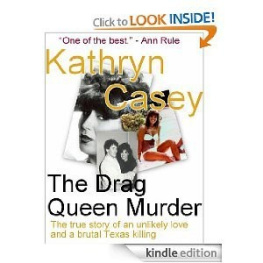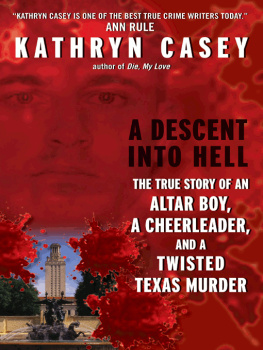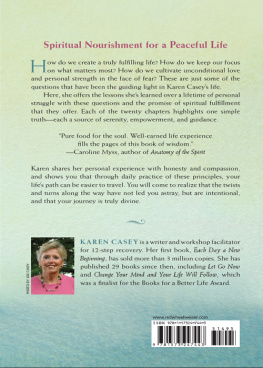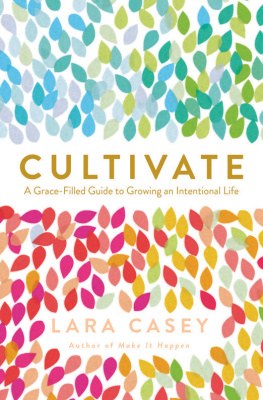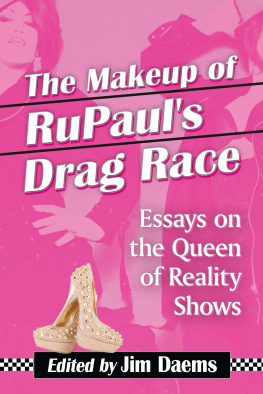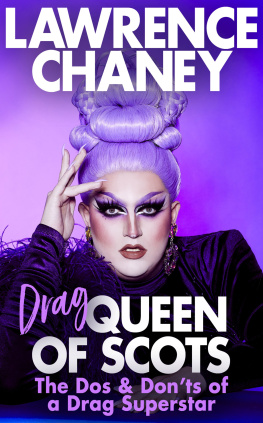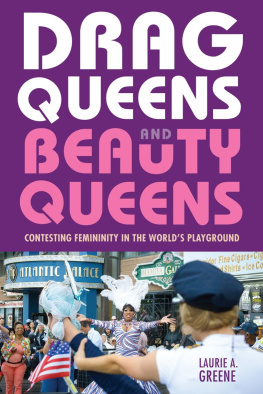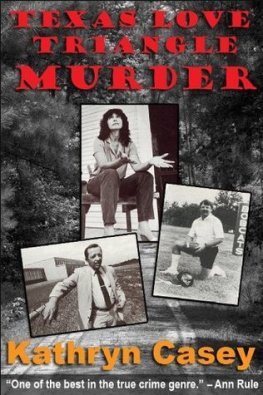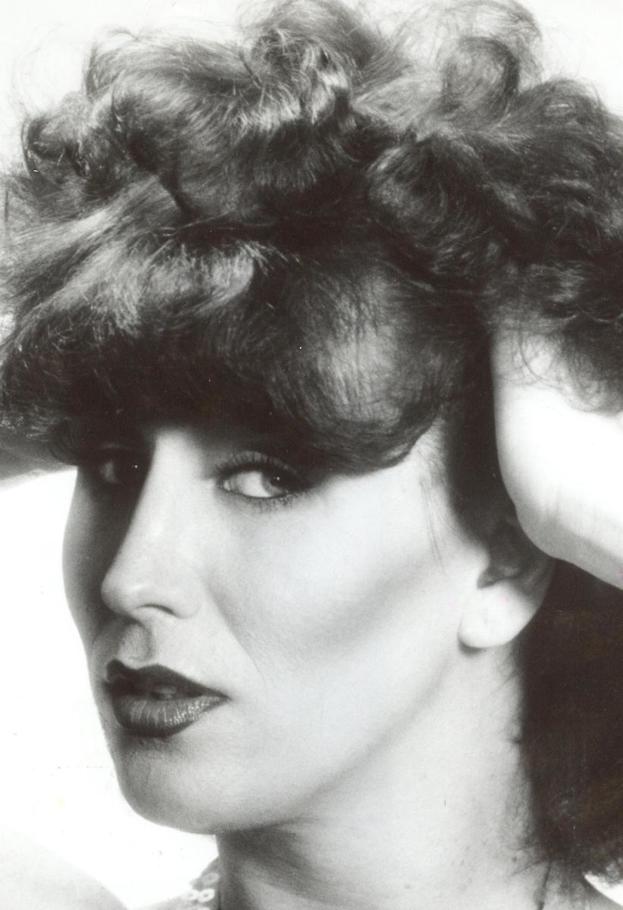
The Drag Queen Murder
(A True Crime Short)
By Kathryn Casey
Copyright 2011: Kathryn Casey
All Rights Reserved
DEAR READERS: Many of you know me as a bestselling author of true crime and mystery books. Over the years, Ive also had a long career writing shorter pieces, predominantly for national magazines. The Drag Queen Murder is a never-before-published, 10,000-word piece exploring the bizarre and brutal 1986 murder of Patrice LeBlanc, a young woman from Louisiana. Although straight, LeBlanc frequented Houstons gay bars, where she became captivated by the drag queens. Only months after arriving in Houston, she moved in with Cliff Youens, whose alter ego was the flamboyant and ruthless Brandi West. Who murdered LeBlanc? Could it have been Brandi?
Please note: Some names have been changed in this piece. They include: Jamie Woods, Jimmy Samuels, Josh Taylor, Steven Grant, and Randy Rodriguez.
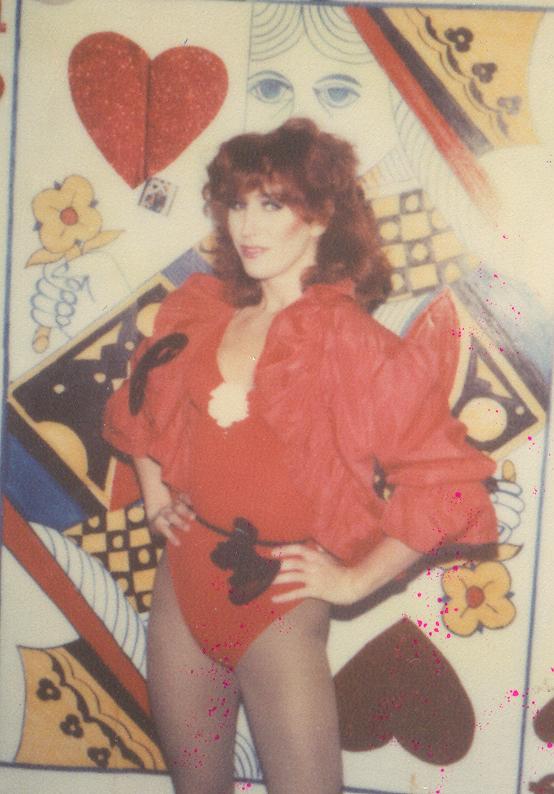
Photo: Brandi West at the Parade in 1985
IT WAS EARLY IN THE SUMMER OF 1989, WHEN I checked my post office box and found a letter from Ellis II, a prison seventy miles north of Houston. I will be more than happy to speak with you now. There are many aspects of the case that are not known that I am sure you will find interesting. Cliff Youens.
For three years, Youens had steadfastly refused my requests for an interview regarding the strange events that led to his life sentence, but recently he had exhausted the states appeal system. In 1986, a jury had ruled that Youens savagely murdered Patrice Ann LeBlanc, a stunning twenty-year-old with whom he had been living. Her body was found floating near his familys lake house with thirty-nine stab wounds. The case was baffling not only because Youens and LeBlanc were both bright and attractive, from upper-middle-class families, but also because their romantic relationship seemed barely credible. For more than a decade, Cliff Youens had been Texass most outrageous, most flamboyant female impersonator, known on the stages of gay bars across the Lone Star State as Brandi West.
A week later, I drove to Ellis II, where I was escorted to an interview room. I was there for only minutes when Youens arrived in pressed prison whites. He sat facing me behind a thick glass wall. Slender, five feet eleven, thirty-five years of age, with closely cropped dark hair and finely chiseled features, wearing delicate tortoiseshell glasses, he appeared slightly bleached, as if he had been out of the sun too long.
Im glad you came, he told me.
In the years since his trial, Youens had become as popular in Ellis II as he once was on the stage. The guards tell me I get more mail than anybody else in this joint, fan mail, he said. Ive even had a couple of women who wrote saying theyd fallen for me. His voice was breathy, somewhat throaty, laced with a soft drawl.
Throughout our time together, Youens was open and talkative, but each time I brought up the night Patrice LeBlanc disappeared, he became evasive. Finally, I asked, Cliff, did you murder Patrice?
He hesitated, and then whispered, No. I didnt kill her. She just left one morning. She said she needed a little space and some time to think about things. I wanted to marry her. I loved her. Staring at me intently, he added, There are a lot of people who will never believe it, but for some reason we fell in love. I dont know why. We didnt ask it to happen. It just happened.
I spent four hours with Youens that day in 1989 and then talked with many people close to him and Patrice before returning to Ellis II a month later for another long interview. The story was stranger by far than Id imagined.
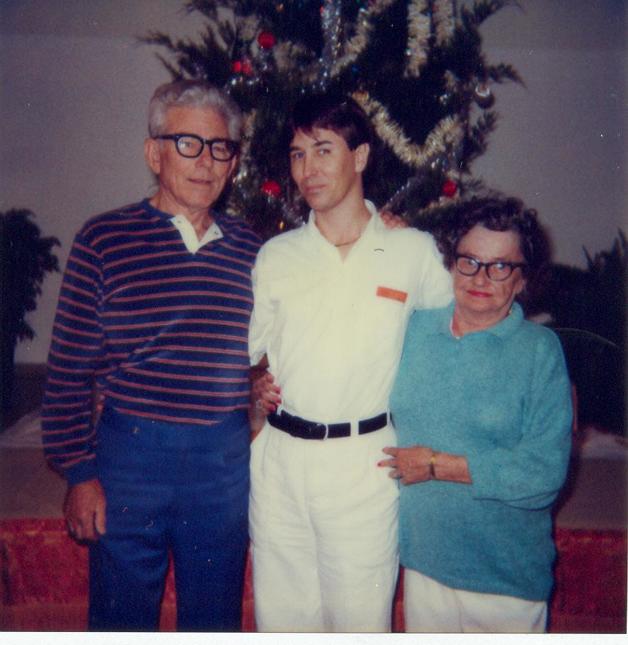
Photo: Cliff with his parents
JOHN CLIFFORD YOUENS WAS BORN IN Houston on May 22, 1954, the youngest of three children. His family lived in a large house with a pool in an affluent section of the city called Memorial, one of expansive lawns and pricey brick homes shaded by impressive live oaks. His father was a regional director for Whirlpool Corporation.
During our first interview, Cliff recounted how when he was nine his sister, Etta Lou, dressed him as a girl for Halloween. I remember her laughing and saying, Oh, what a cute little girl. I shouted back, Im not a girl! Im a boy! I loved my sister. It was horrible when she died. She was killed that same year, at the age of fifteen, in a car accident. Mother was devastated, Cliff said. She never really recovered.
When I asked what Etta Lou looked like, Cliff replied, A lot like I do, in drag.
As an adolescent, Cliff was spindly, gawky, with a large nose, an impish sense of humor and a fascination with Broadway. I couldnt wait to get to junior high, where they had a real drama department. Half the guys always seemed to be gay in the drama club. But I still liked girls, he said, with a laugh. But I liked boys, too. It never really went all the way until I started doing drag.
Soon he began frequenting bars in Montrose, one of Houstons oldest and most freewheeling districts. At the time, Montrose was a mix of gay bars, massage parlors, biker bars, and trendy restaurants, not unlike San Franciscos Castro District. When Cliff announced his newfound sexuality to his parents they were really taken aback. Then he showed up at home with a horrifying queen with red frizzy hair. Mom freaked. She yelled, Get that freak out of my house. Later it was Mother who accepted things. Father never did.
By his junior year, Cliff was helping out in the box office of the Fondren Street Theater and understudying in a production of The Boys in the Band. Unpacking costumes for a show one day, he pulled a few props together and strutted about in an impromptu impersonation of Carol Channing. Everyone laughed, so on a dare he dressed in full Channing regalia to attend opening night. And from there it just snowballed. It was at a time when I was coming out as gay, and gay rights were emerging. A lot of the bars had drag shows, and it was quick money. I liked hiding behind a mask. As me, I was plain. In drag, I was glamorous.
For his stage name, Cliff chose Brandi West catchy first name and simple last name and four months before he was scheduled to graduate from high school he took his parents credit cards and got on a plane to New York. When I got there, I was one of the 15,000 people who wanted to act. He worked as a go-go boy in a gay bar and after four months, It got so bad I came back to Texas.
In Houston, Cliff made the rounds of the citys small theaters, and at night he played Montrose bars in drag, lip-synching Cher singing Half-breed on a horse and Barbra Streisand belting out People. What distinguished him from the other drag queens were his brash manner and his cutting sense of humor. In a world dominated by look-alikes who are too often limited to mimicry, Cliff was an original.
Summing up the way he saw his act, Cliff would say that Brandi was a comedian, a combo of Joan Rivers and Don Rickles. Many who knew Cliff would say there was something incredibly tough about the way he reacted to an audience. It was almost as if he had a split personality. He could really be cruel, and somebody always went home hurt, one performer recalls. Backstage was even worse. While Cliff would contend practical jokes werent my thing, others remembered him pulling tricks on the other drag queens, including inserting the sound of a flushing toilet in a torch song and loosening the seam in a dress just enough so that it split open onstage.
Next page
